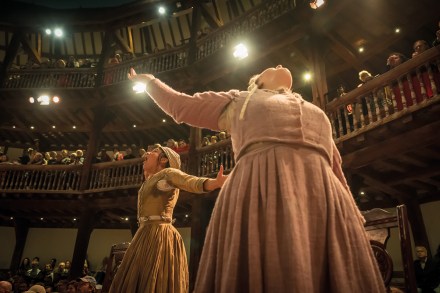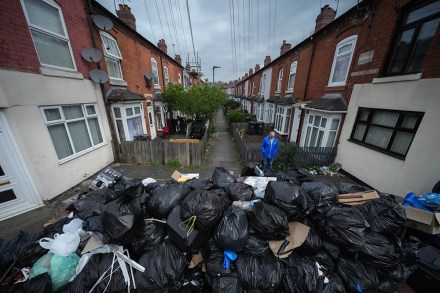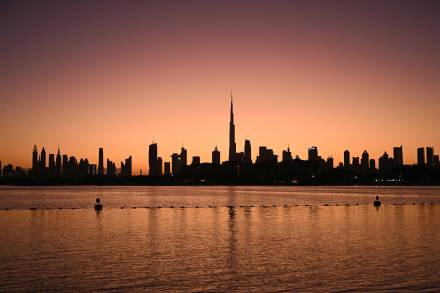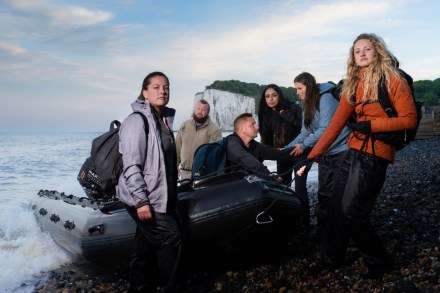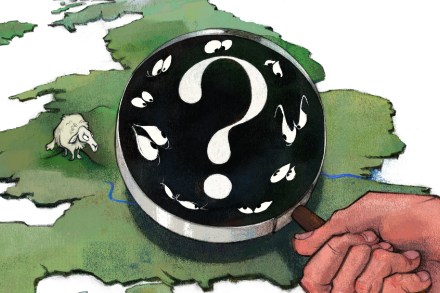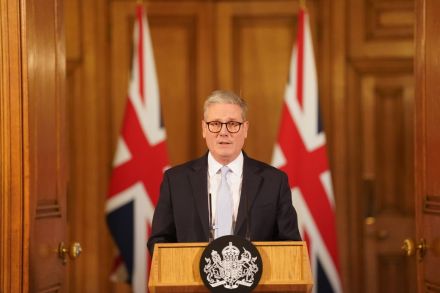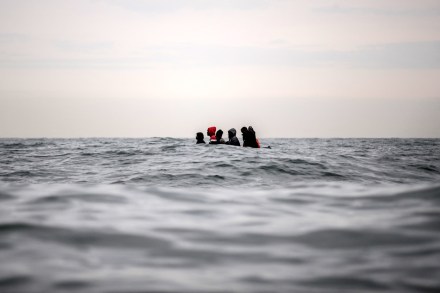Everyone should see the Globe’s brilliant new production of The Crucible
Sanity returns to the Globe. Recent modern-dress productions have failed to make use of the theatre’s virtues as a historical backdrop. The Crucible by Arthur Miller is set in the 1690s (about a century after Shakespeare’s heyday) and the script works beautifully on this spare, wooden stage. To make the groundlings feel involved, the playing area has been extended into the pit with two separate platforms for the judges and the witnesses. James Groom, as Willard the demented jailer, terrifies the crowd by striding around the arena, barking madly at anyone who gets in his way. It grabs your attention. The dashing Gavin Drea (John Proctor) looks terrific in the
